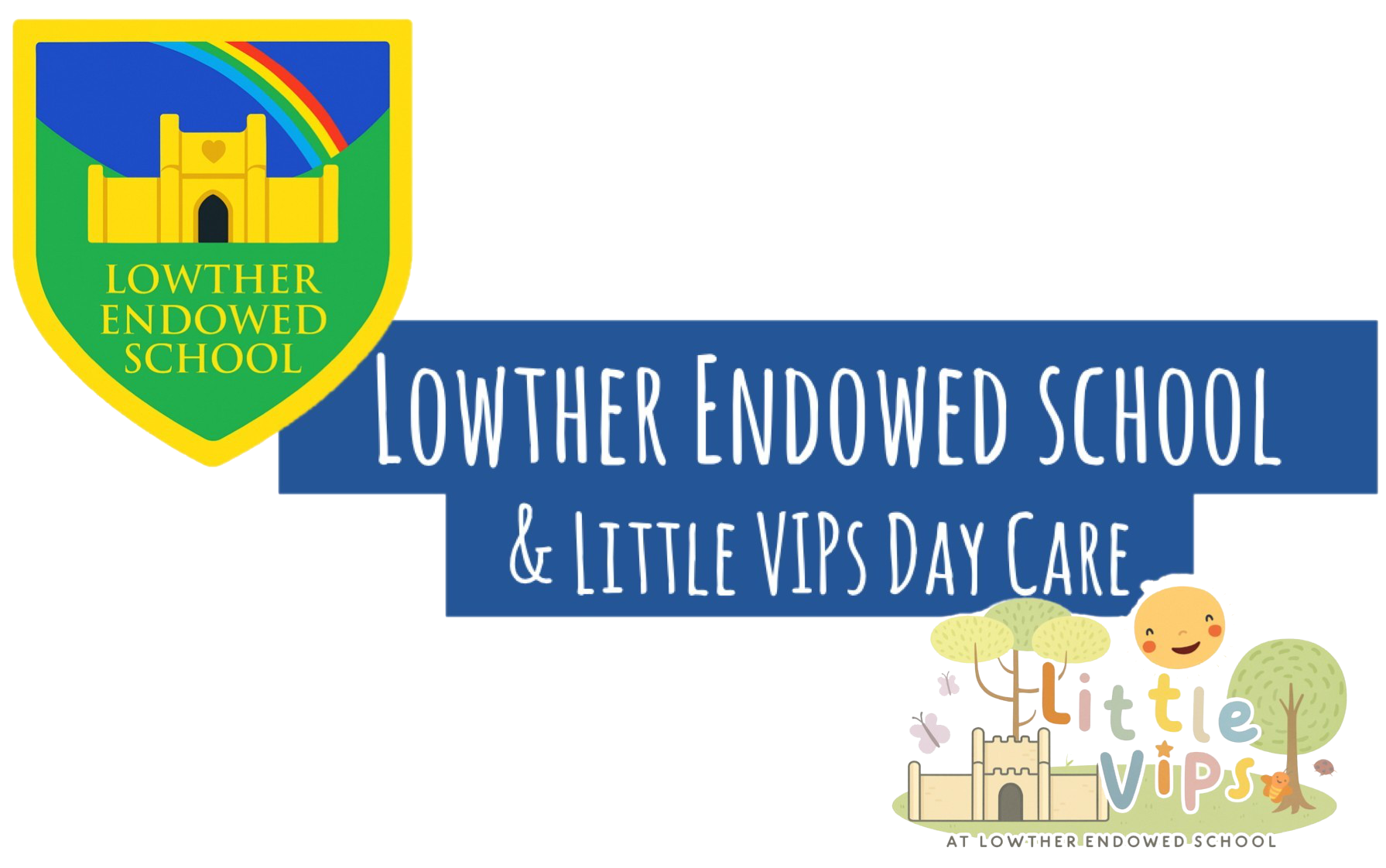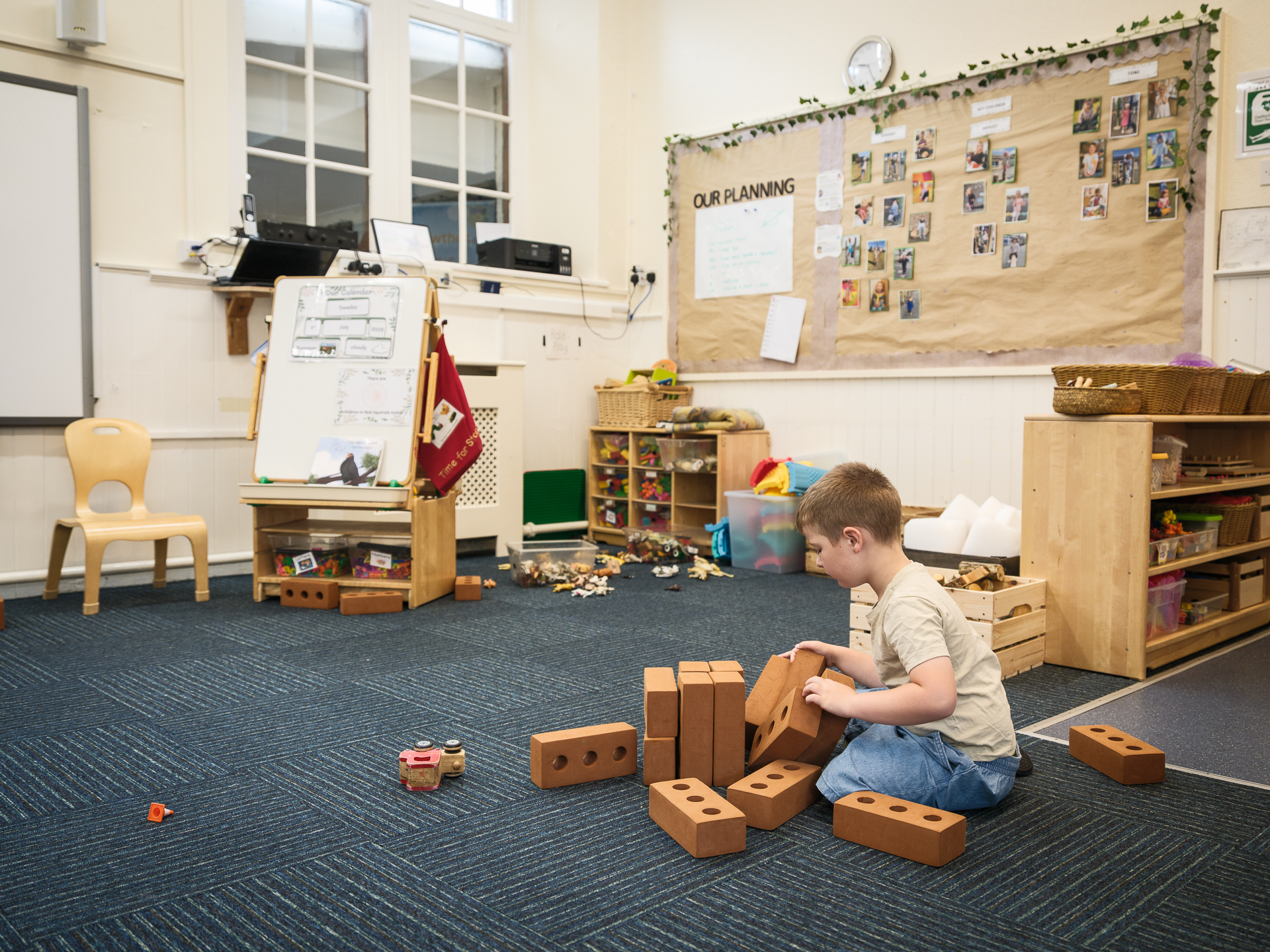Science
At Lowther Endowed School, Science is taught as an exciting, practical, and enquiry-based subject that builds children’s curiosity about the world around them. Through hands-on experiences and meaningful investigations, we encourage our pupils to ask questions, seek answers, and develop a secure understanding of key scientific concepts. Our aim is not only to develop scientific knowledge and skills, but also to foster a sense of wonder, environmental awareness, and critical thinking.
Intent
Our Science curriculum aims to:
-
Inspire curiosity and a desire to explore and understand the natural and physical world.
-
Develop secure scientific knowledge across the disciplines of biology, chemistry, and physics.
-
Enable pupils to think and work scientifically by developing skills in observation, investigation, data collection, prediction, and analysis.
-
Encourage children to ask thoughtful questions and use evidence to make conclusions.
-
Ensure pupils understand how science has changed the world and how it continues to shape the future.
-
Provide meaningful links to other subjects and real-life contexts, including sustainability and local environmental issues.
-
Build confidence and enjoyment in learning through practical, hands-on experiences.
Implementation
-
Science is taught weekly using a two-year rolling programme for KS1, Lower KS2 and Upper KS2, ensuring full coverage of the National Curriculum across mixed-age classes.
-
Lessons are enquiry-led and grounded in practical investigation wherever possible.
-
Key scientific vocabulary is explicitly taught and revisited to deepen understanding.
-
Learning is carefully sequenced to build on prior knowledge and ensure progression in both scientific concepts and enquiry skills.
-
Pupils record and communicate their findings in a variety of ways—diagrams, tables, reports, and presentations—appropriate to their age.
-
Teachers use our rich local environment (woodlands, rivers, rural landscapes) to explore science outdoors and promote environmental awareness.
-
We celebrate science across the curriculum through themed weeks, STEM days, trips, and links with local organisations or professionals.
-
Opportunities for cross-curricular learning with subjects like maths, geography, and DT help reinforce understanding and show science in action.
Impact
-
Pupils develop a strong body of scientific knowledge and vocabulary appropriate to their age and stage.
-
Children demonstrate a secure understanding of how to work scientifically and apply enquiry skills with increasing independence.
-
Pupils are confident in making predictions, analysing results, and drawing conclusions based on evidence.
-
Children are able to make links between their learning and the world around them, understanding the relevance of science in everyday life.
-
Pupils leave Lowther as enthusiastic, critical thinkers who are well-prepared for further scientific learning at secondary level.
-
Assessment (both formative and summative) shows clear progression in scientific understanding and enquiry from EYFS to Year 6.
Progression of Skills & Knowledge
Cultural Capital in Science
Our Science curriculum contributes to pupils’ cultural capital by:
-
Providing access to a wide range of scientific experiences, including outdoor learning, experiments, and real-world investigations.
-
Introducing children to influential scientists from different backgrounds, including underrepresented groups in STEM.
-
Promoting an understanding of how science impacts medicine, technology, the environment, and society.
-
Helping pupils explore ethical and environmental issues such as climate change, conservation, and sustainability.
-
Creating opportunities for engagement with local science events, visits, and STEM careers, broadening aspirations.
-
Encouraging children to appreciate the beauty, complexity, and interconnectedness of the natural world.
What does Science look like in EYFS .....
In EYFS, Science is woven into the Understanding the World area of learning. Children explore scientific ideas through:
-
First-hand exploration and discovery—e.g., playing with magnets, planting seeds, observing minibeasts.
-
Outdoor learning and nature walks to observe changes in the seasons, weather, plants, and animals.
-
Simple experiments using water, sand, light, sound, and materials.
-
Asking and answering ‘why’ and ‘how’ questions based on their curiosity.
-
Using stories, role-play, and hands-on resources to develop early scientific language.
-
Observing cause and effect through everyday experiences like melting, mixing, or changing states.
-
Developing their observation and prediction skills in a playful and practical context.
-
Being encouraged to notice patterns, similarities and differences, and make connections to the world around them.


